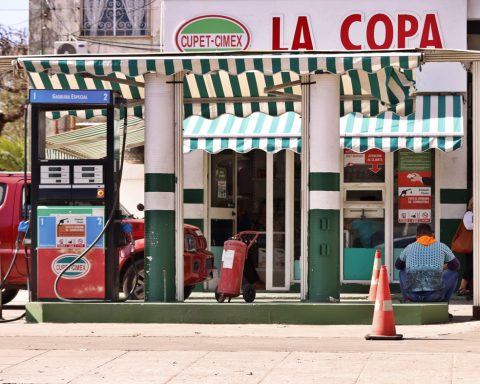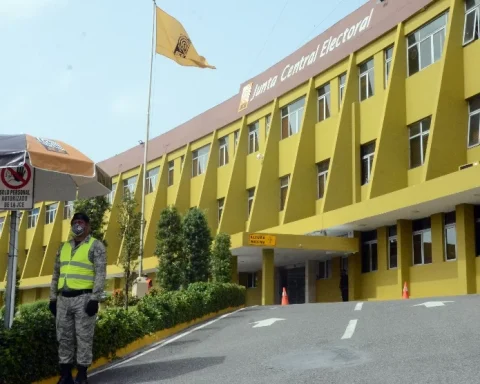Six months after the approval of new regulations for its emergence and operation, guaranteeing that its interests connect with the social needs of this country is emerging as a priority need, considered the economist Silvia Odriozola.
In an exclusive interview with Prensa Latina, the dean of the Faculty of Economics of the University of Havana identified among the potential advantages of these forms of management their ability to link up with the state sector and generate more dynamic flows in the production of goods and services. .
It is not about substituting, the State will continue to be the main provider in strategic sectors, but these additional actors can expand the offer or take on specific stages of the production process such as transportation, he said.
In addition, they open legitimate income opportunities for people, especially young people, to find individual life projects in this country, create new jobs and reduce informal work, which in the long run means more job protection, he said.
Although it is too soon to make a comprehensive evaluation of its impact and operation, the approval of more than two thousand new economic actors -two thousand seven private MSMEs, 49 state-owned and 29 cooperatives- brings unavoidable challenges to the table.
For the expert, in the first place they must function as they were conceived, generate quality employment with satisfactory levels of remuneration and ensure the labor protection of their employees, through functional regulatory mechanisms.
From the State, it is necessary to expand the alternatives for the acquisition of inputs and guarantee that, if their imports and exports are carried out through state institutions, those designated as intermediaries are efficient and attractive.
On the other hand, it would be interesting to design financing mechanisms such as microcredits in the banking or non-banking financial institutions for the emergence of new actors, he considered.
Odriozola also warned that the high taxes established for MSMEs can be counterproductive with the design thought.
In his opinion, due to this aspiration to put all the actors on equal terms, they defined the same percentage of state companies for the new MSMEs.
Currently, 10 percent on the sale of any product is added 35 percent on profits.
But the level playing field is reached when you have similar starting points. When the productive scales are different, it cannot be expected that equal norms imply similar conditions. In the long run, it will generate more differentiation, the expert insisted.
If the tax rate rises excessively, many of these forms of production will not be accounted for, they will leave the market and only the strongest will remain. That does lead to a concentration of wealth, he said.
From his perspective, a progressive scheme or lower rates could be applied, to expand the number of actors with smaller proportions.
In addition, he pointed out that it is necessary to continue thinking about the decentralization and flexibility of the tax system: “not in its entirety, but that local governments can agree on exceptions or tax reductions to favor necessary activities in each territory and promote social responsibility.”
Related to this, a fundamental challenge implies aligning the interests of the new private actors with those of the locality in which they develop and the country in general, added the dean.
For this, it is necessary to raise awareness, socialize good practices and create capacities, but also design economic instruments that generate incentives for these new actors to connect with social, environmental, inclusive purposes, among others.
Not all of them have to be material, tax, or imply higher levels of income, some countries give seals of quality to companies that provide a certain service or meet the objectives set in each municipality, he exemplified. There are two edges: provide benefits or penalize for non-compliance.
According to Odriozola, many arrangements can be made between the private sector and governments so that the former manage local needs or finance social programs and receive facilities or recognition in return.
“I demand that you hire people with limitations, women with children, I rent you cheaper places, the possibilities will change depending on each place,” he explained.
But to face these challenges, these productive forms must be accompanied, also from the academy. Legal recognition does not in itself guarantee that they will achieve the designed objectives and contribute to social objectives.
It is necessary a constant comprehensive analysis of its operation and create all the conditions for its development: an updated regulatory framework, prepared human capacities, among others. “That takes time,” Odriozola acknowledged.
According to the specialist, all this will contribute to dismantling the prejudices built up for years among officials, state businessmen and other actors around private forms.
Ultimately, the biggest challenge is to ensure that the new actors do not function as independent threads and are interwoven with the other sectors of the economy based on the country’s collective interests, he said.
rgh/kmg/att
















